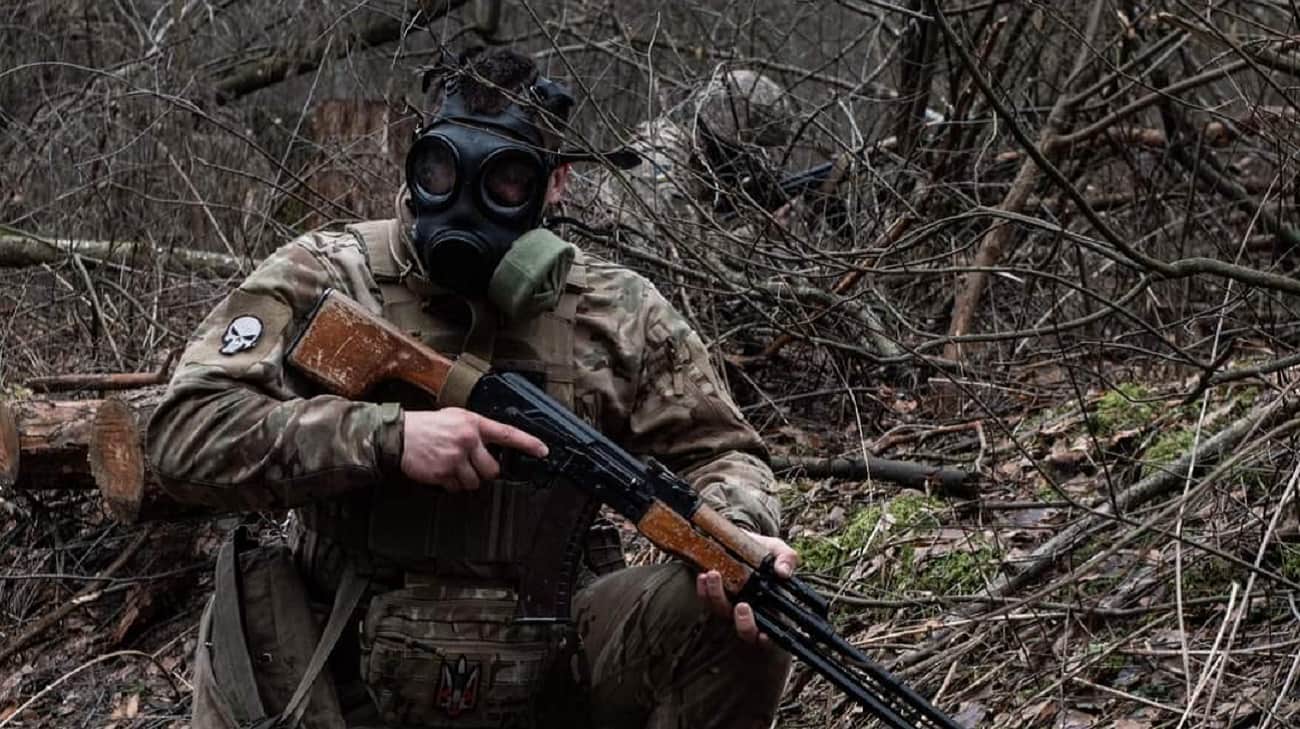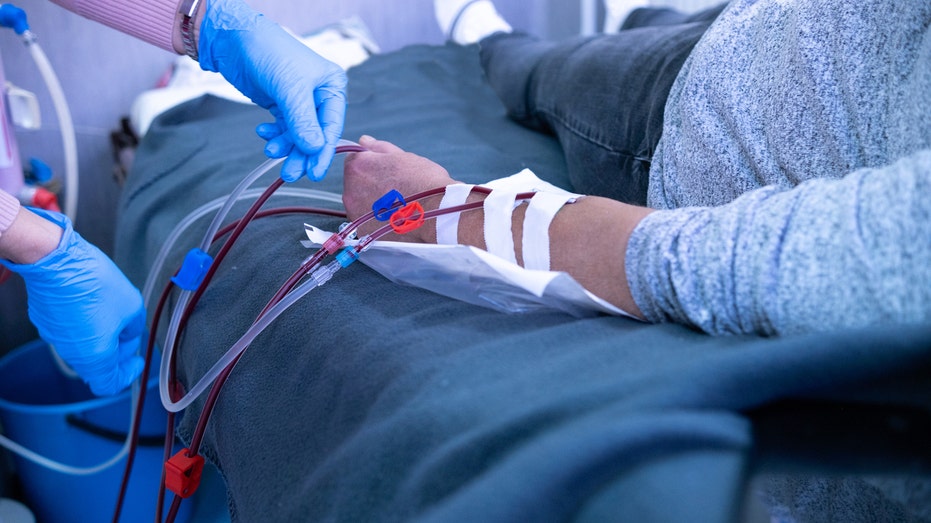Russians use tactical surprise near Avdiivka – ISW report
ISW experts have noted that Russian forces have improved their tactical capabilities and exploited tactical surprise in recent weeks near Avdiivka. Source: Institute for the Study of War (ISW) Details: This suggests that some elements of the Russian army may have absorbed the tactical adaptations gained during the offensive operations in Ukraine.

ISW experts have noted that Russian forces have improved their tactical capabilities and exploited tactical surprise in recent weeks near Avdiivka.
Source: Institute for the Study of War (ISW)
Details: This suggests that some elements of the Russian army may have absorbed the tactical adaptations gained during the offensive operations in Ukraine.
Ukrainian military observer Kostiantyn Mashovets stated on 8 March that Russian forces were able to tactically regroup and shift the focus of their offensive operations from the northern part of the Avdiivka Coke Plant in northwestern Avdiivka to areas near northeastern Avdiivka.
Mashovets noted that Russian troops had carried out this regrouping and tactical shift without Ukrainian forces fully catching it.
It is stressed in Mashovets’ report that Russian troops advanced in the area by creating a tactical surprise.
Military analysts have noted that the ability of Russian forces to achieve elements of tactical surprise in such an operational environment is noteworthy.
ISW had not observed any other notable instances of Russian forces employing or using tactical surprise recently.
The fact that Russia was able to do so near Avdiivka is not necessarily indicative of broader Russian capabilities.
ISW stated that Russian forces had demonstrated limited tactical adaptation in certain areas of the frontline, but widespread Russian tactical failures across Ukraine suggested that the Russian military command had not absorbed and disseminated all possible tactical adaptations to all Russian forces operating in Ukraine.
To quote the ISW’s Key Takeaways on 8 March:
- Ukrainian President Volodymyr Zelenskyy reiterated that a ceasefire in Ukraine would allow Russia to rebuild its forces and means for future offensive operations, as Russia previously did following the start of Russia’s 2014 invasion.
- Some Russian forces may have improved their tactical capabilities and leveraged limited tactical surprise during the final weeks of the Russian effort to seize Avdiivka, suggesting that select elements of the Russian military may have internalised tactical adaptations from conducting offensive operations in Ukraine.
- Ukrainian Air Force Commander Lieutenant General Mykola Oleshchuk stated on 8 March that Ukrainian forces are regularly targeting Russian fighter aircraft.
- Ukraine’s European partners continue efforts to send additional aid and materiel to Ukraine.
- The International Atomic Energy Agency (IAEA) Board of Governors approved a resolution calling for Russia’s withdrawal from the Zaporizhzhia Nuclear Power Plant (ZNPP), undermining Russian efforts to use the IAEA and other international organisations to legitimise its occupation of the plant.
- Ukrainian efforts to encourage women to serve in the Ukrainian armed forces continues allowing Ukraine to tap into a wider mobilisation base for its war effort.
- Russian information space actors are intensifying their focus on covering recent events surrounding the governor of the pro-Russian Moldovan autonomous region Gagauzia, Evghenia Guțul, and are amplifying Kremlin narratives aimed at destabilising Moldova to a wider audience.
- A recent Russian state-run poll suggests that the Kremlin aims for Russian President Vladimir Putin’s predetermined "support level" to be around 80% in the upcoming 17 March presidential election in an effort to portray Putin as legitimately popular and use the March election to legitimise Putin’s next term.
- Russian forces recently made confirmed advances near Avdiivka amid continued positional engagements along the entire line of contact on 8 March.
- BBC Russian Service and Russian opposition outlet Mediazona published a joint report on 8 March that at least 46,678 Russian soldiers have died in Ukraine since the start of the full-scale invasion in February 2022, including at least 1,555 confirmed killed in the past two weeks.
- Unspecified actors, likely Ukrainian partisans, assassinated a Russian occupation official in occupied Berdiansk, Zaporizhzhia Oblast on 6 March.
Support UP or become our patron!



